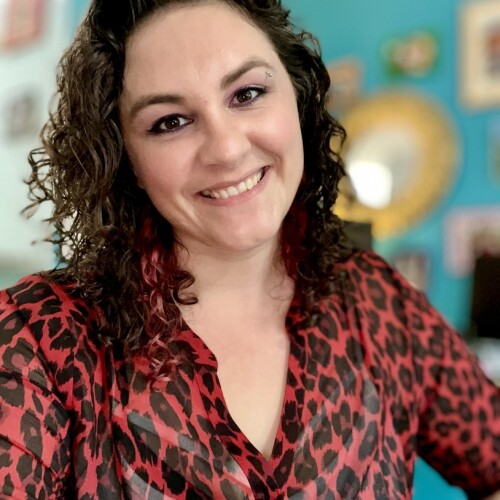Annalee Armstrong is an award-winning biopharma journalist covering the business of drug development. She began her career at small newspapers across Western Canada. During the assignment of a lifetime, the Yukon Quest Sled Dog Race, she met her husband in Alaska and eventually moved to the U.S. Since then, Annalee has covered energy, environmental regulations, healthcare and biopharma. Prior to BioSpace, Annalee was senior editor for Fierce Biotech, where she received several awards for her writing and editing. She lives in Ottawa, Ontario, with her husband, two wild boys, an anxious Rhodesian Ridgeback and an indifferent tabby cat.

Annalee Armstrong
Senior Editor














